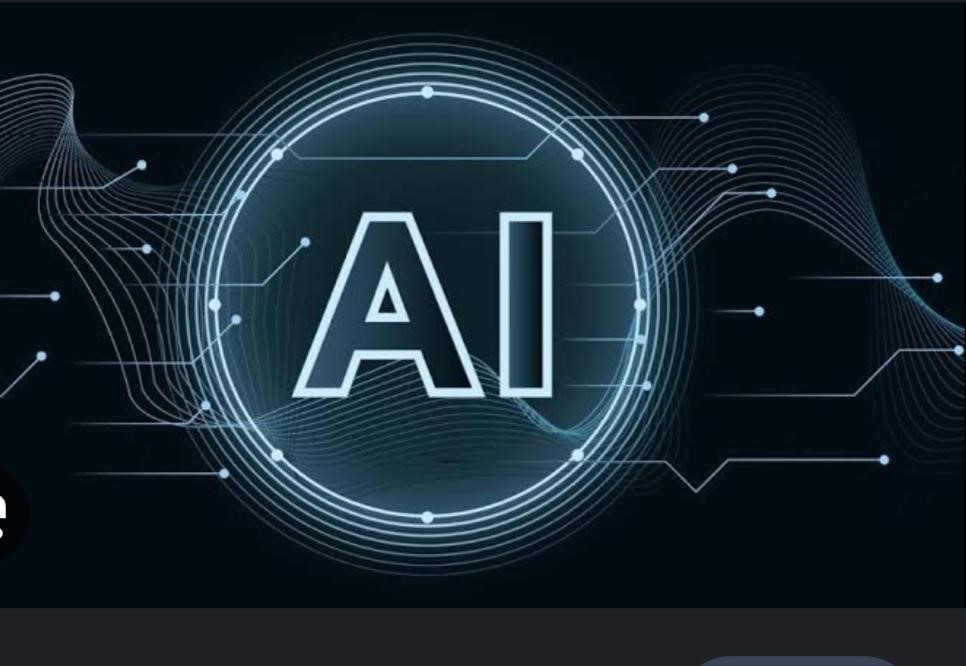
In today's rapidly evolving technological landscape, one term seems to be on everyone's lips: artificial intelligence (AI). From self-driving cars to virtual assistants, AI is revolutionizing various industries and reshaping the way we live and work. But what exactly is AI, and how is it transforming our world?
Artificial intelligence refers to the simulation of human intelligence processes by machines, particularly computer systems. These processes include learning (the acquisition of information and rules for using the information), reasoning (using rules to reach approximate or definite conclusions), and self-correction.
AI is being applied across a wide range of industries, each harnessing its power in unique ways:
While the potential of AI is immense, it also raises important ethical and societal concerns. Issues such as job displacement due to automation, algorithmic bias, data privacy, and the potential for misuse of AI-powered technologies must be addressed to ensure that AI benefits society as a whole.
As AI continues to evolve, its impact on society will only grow more profound. From enhancing productivity and efficiency to revolutionizing entire industries, the possibilities are endless. However, it is essential to approach the development and deployment of AI technologies responsibly, ensuring that they are used to promote human welfare and address societal challenges.
In conclusion, artificial intelligence is a transformative force that is reshaping the way we live and work. By harnessing its power responsibly and ethically, we can unlock its full potential to create a better future for all.
Stay tuned for more insights into the world of artificial intelligence in our upcoming blog posts!
Author
MOHAMED ABUBACKERSIDDIQ K A - CSE
2024-02-23